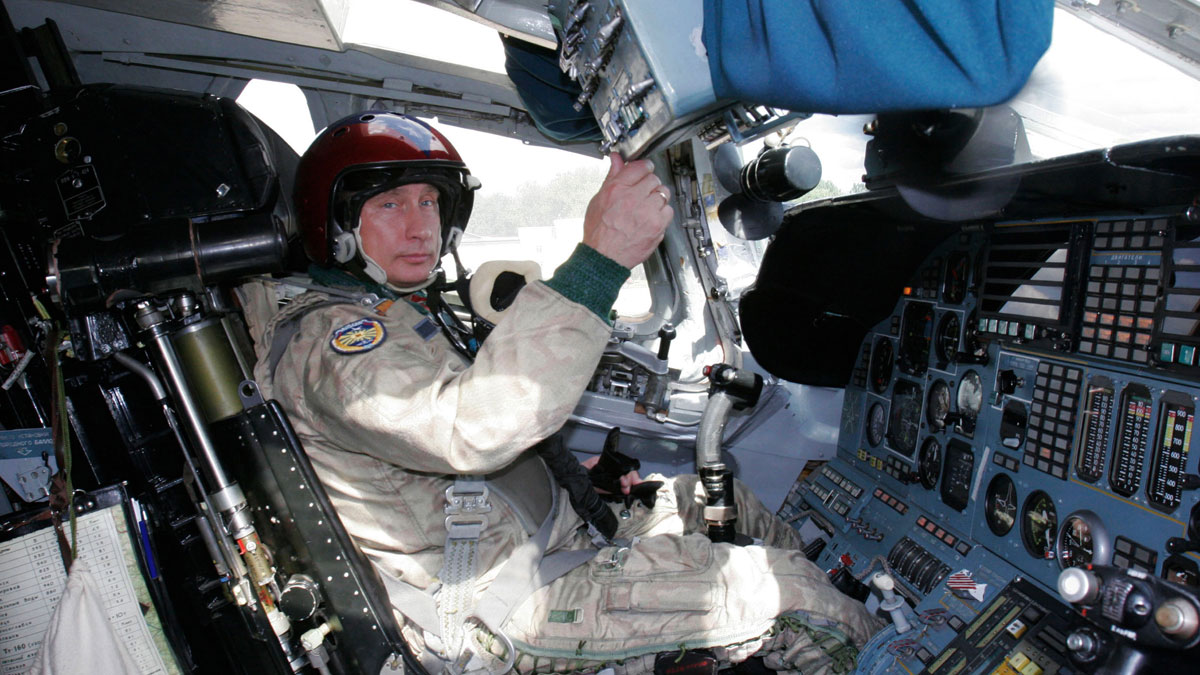Russia and the West 'actively preparing for war'
Think tank warns old enemies are increasing tensions with large-scale military exercises

A free daily email with the biggest news stories of the day – and the best features from TheWeek.com
You are now subscribed
Your newsletter sign-up was successful
A European think tank has warned that Russia and Nato are "actively preparing" for war with each other.
Rival war games by the two sides represent the greatest military build-up in Europe since the Cold War, says the Daily Telegraph.
A report by the European Leadership Network (ELN) says leaders should consider scaling back military exercises and suggests a new arms treaty might prevent heightened tensions escalating.
The Week
Escape your echo chamber. Get the facts behind the news, plus analysis from multiple perspectives.

Sign up for The Week's Free Newsletters
From our morning news briefing to a weekly Good News Newsletter, get the best of The Week delivered directly to your inbox.
From our morning news briefing to a weekly Good News Newsletter, get the best of The Week delivered directly to your inbox.
Yesterday, Defence Secretary Michael Fallon said the conflict in Ukraine between pro-Russian rebels and loyalists was still "red hot", says The Times. He warned that separatists could still take more territory and said he could see no end in sight.
Fallon pledged to expand a British army training mission to Ukraine which provides expertise on urban defensive operations, planning and training. The number of troops involved is not expected to increase from 75, however.
The ELN looked at military activity including major exercises held by both Russia and Nato. While both sides insist the exercises target only a hypothetical enemy, the report's authors said they could only be aimed at each other.
The wrote: "Whilst spokespeople may maintain that these operations are targeted against only hypothetical opponents, the nature and scale of the operations indicate otherwise."
A free daily email with the biggest news stories of the day – and the best features from TheWeek.com
In March this year, the Russians mobilised 80,000 troops to engage in long-range deployments and simulated combat on a scale that meant Nato or the US were the only possible adversaries.
Nato's Allied Shield operation in June included a response to a cross-border infiltration by irregular forces – exactly the situation when Russia annexed Crimea in March 2014.
Both exercises focused on the geographic areas perceived as most vulnerable. Nato role-played a defence of the Baltic states while Russia 'defended' its Kaliningrad exclave, also on the Baltic.
The report warns there have been several near-miss incidents during the exercises and warns they could lead to confrontation in future, if the war-games carry on at this level.
The ELN writes: "If Russia or Nato decides at some point that they want to reduce tensions, showing restraint in terms of size or scenarios used for the exercises might be a good place to start."